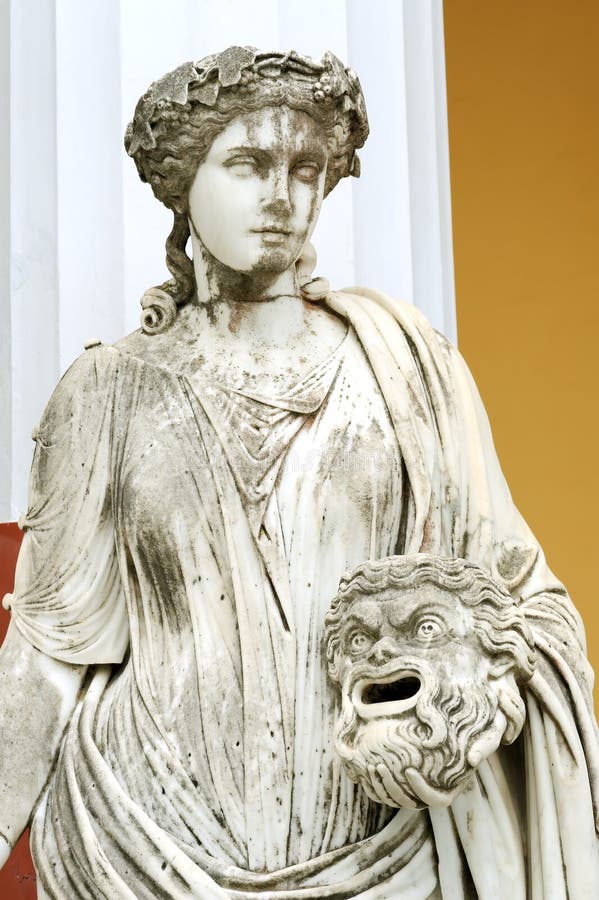
Where Baroque exclaims
and sighs,
Classicism strives to
pronounce
a Moira’s stern, precise
verdict
as by a hand so from a
mind
neither of which yields
to doubt
and where a pure,
perfect line
that goes straight
returns to bite
the curve in shame into its
opulent butt.
Classic is the chilly,
aloof detachment
that packed Phoebe of
its marble heart
away from the abandon
and the excess
of the Baroque—Bacchic
drunken dark.
But there goes a story
that used to hold
that it was Apollo
himself above all
who was once upon a time
much long
expelled from heaven to
become a slave.
Because of a hyacinth
and the death
from a God to which it
was bound.
Thus God became a slave
and less
than man for mankind’s
certain types.
But how can heaven—our
heaven be
without its own supreme
sun?
And is it then that
sunless Baroque sky
a world of God—Apollo
overturned
and fallen—like
Phaethon, his own son,
and to be reborn back
like tipsy Bacchus,
both to a woman and from
a godly thigh?
Only to fall in love—in
love madly
for a nymph, a woman, a
love sought
and denied—till one gets
one’s laurel,
back one’s immortal soul
through art
or love for a song and
faith and patience
composed as a poem, a sonnet
perhaps,
a new little sun (if
words can be made to light)
—from Hades plucked and fingered,
strummed,
on a lyre’s Moon-like horns
and scooped-out shell
in a style and a melody
that holds on back to beauty
rendered by death-and-time-defying
memory
both visible and
transparent—just like Calliope,
Ouverture, Suite No. 2
for strung harpsichord—
by Johann Caspar Fisher,
my old countryman
from the town of Krásno
in the Slavkov Woods.
For if the day is like a
lamp that helps us read
what a book of time
writes and reads from up close,
it is the night that
grows to our darkened gaze
the universe far away,
distances, deep and vast,
once again fresh perceived
and divinely eloquent
out of the daytime blanks,
blue or earthly gray.
And just like the blue
of the sky is not a color
if unto another it doesn‘t
rub or impart itself,
so neither art nor a
soul is true or potent
when, transforming, they
themselves wouldn‘t last.
If Bacchus gives a beat,
Apollo then yields a tact.
If Bacchus is grandiose
and dark and Baroque–
like a stone of light, a
pearl warped, malformed
to wet and file the
sound board of your appetite
or to pipe and lead your
kissing breath to a Syrinx cry,
then Apollo, the
Classicist, is a price to Justice
for the devil paid—in decorum
and reticence
that hold the fire and trot
the cadre’s so(m)ber line.
In accordance with the cliché
that what is held
and deprived is bound to
turn in and double
in time its buried seed
that brings to view
a whole new symmetry and
sight
from the Bacchic worldly
ruts and tries—
when, inside us, turns a
cosmic night
on its newly undraped living
lights.
Unless it all is once
more a romance
where the God of Lucid Light
or the God of Winding Vine
remains a God—that’s fallen,
fallen deep—up into love.
Even beyond grave and
life.
In a perfect Heaven’s match
between a call of Siren
and a Mozart or a Bach,
in divine beauty sunk
no less than up
or even past—
our ears grown
completely musical.
No comments:
Post a Comment